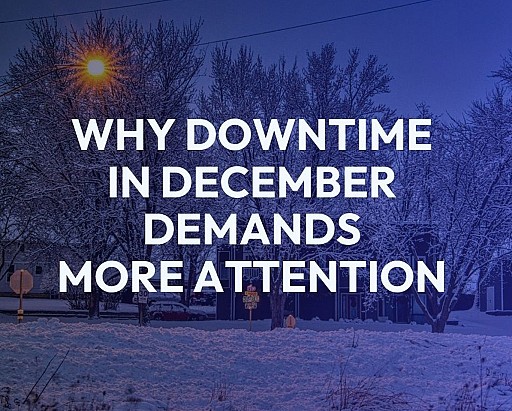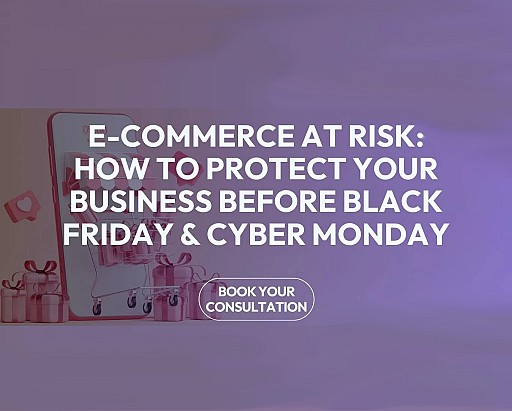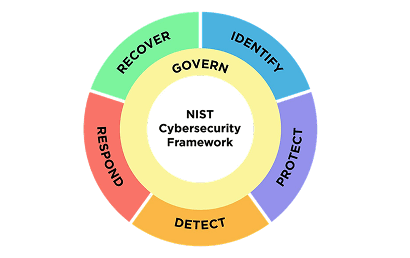
By Felicia Gopi / December 02, 2025

By Felicia Gopi / December 02, 2025

By Felicia Gopi / October 29, 2025

By Maria Catricala / March 25, 2024

By Maria Catricala / March 07, 2024

By Maria Catricala / January 26, 2023

By Maria Catricala / August 17, 2022

By Maria Catricala / June 15, 2022

By Maria Catricala / November 17, 2021

By Maria Catricala and Dave Millier / October 13, 2021